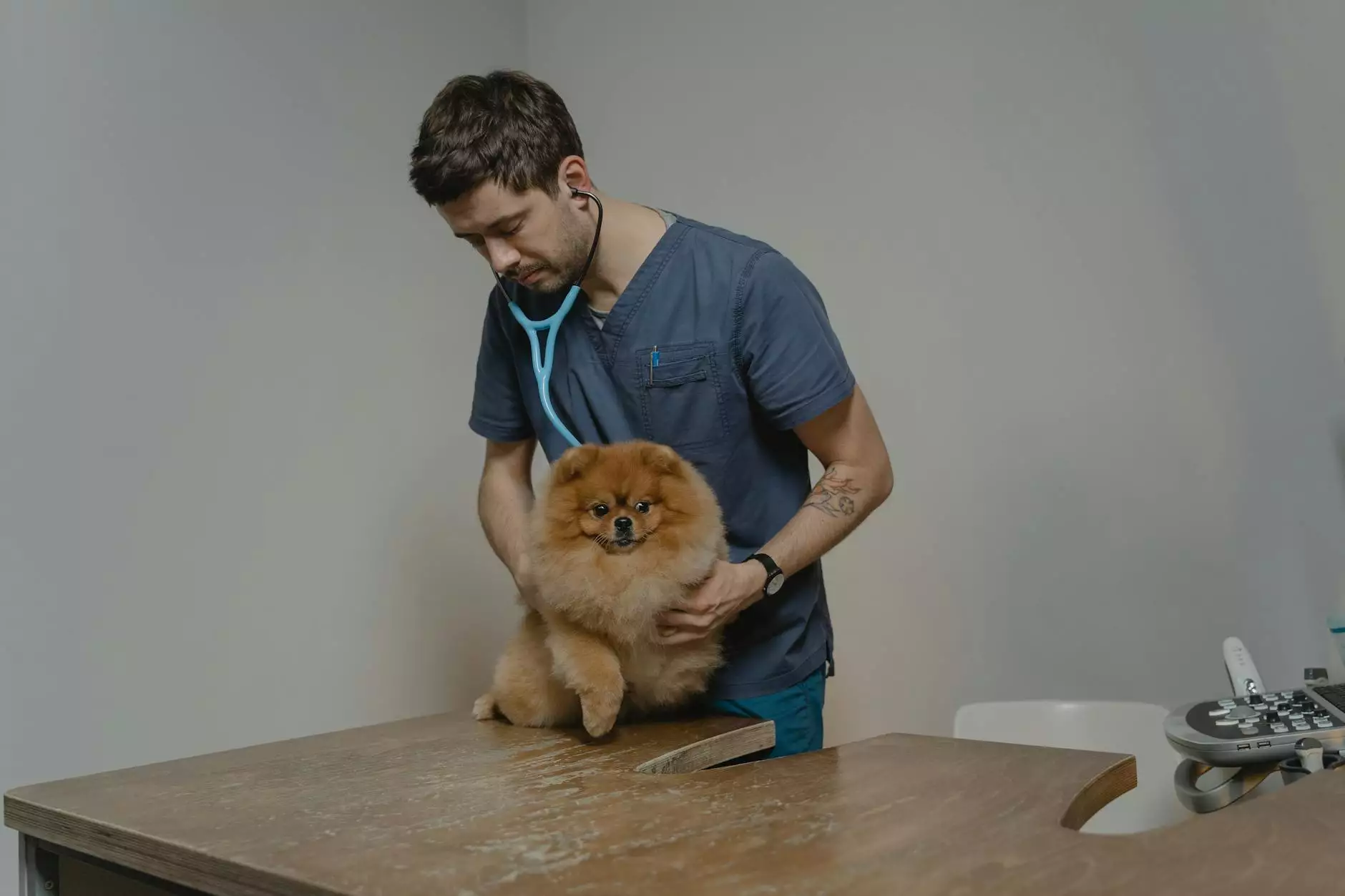Comprehensive Guide to Lung Cancer Screening: Protecting Your Lung Health with Expert Medical Services

In the realm of modern healthcare, early detection plays a critical role in effectively managing and treating diseases. Among these, lung cancer stands out as one of the most common and deadly cancers worldwide. However, advancements in lung cancer screening methodologies have significantly improved the prospects for early diagnosis and successful treatment.
Understanding Lung Cancer and Its Impact
Lung cancer is characterized by uncontrolled growth of abnormal cells in the lungs, which can spread to other parts of the body. It is predominantly caused by factors such as smoking, exposure to secondhand smoke, environmental toxins, and occupational hazards. According to global health statistics, lung cancer accounts for the highest number of cancer-related deaths worldwide, underscoring the importance of early detection.
Typically, lung cancer does not manifest symptoms until it has reached an advanced stage, making screening a vital tool for catching the disease early, when treatment is most effective. Early diagnosis can dramatically improve survival rates and quality of life for patients.
The Importance of Lung Cancer Screening in Modern Healthcare
Compared to other diagnostic tools, lung cancer screening offers a proactive approach to health management. It aims to identify the presence of cancer before symptoms develop, thus enabling prompt intervention. For high-risk individuals—such as long-term smokers or those with a history of exposure to carcinogens—screening is especially crucial.
What Is Lung Cancer Screening?
Lung cancer screening is a medical procedure designed to detect early signs of lung cancer in asymptomatic individuals. The most common and effective method is the low-dose computed tomography (LDCT) scan, which provides detailed images of the lungs with minimal radiation exposure. This technology allows radiologists and healthcare providers to observe small nodules or anomalies that could signify early-stage cancer.
Who Should Consider Lung Cancer Screening?
Screening recommendations are typically tailored based on a person’s risk factors. Generally, those who fall into the high-risk category include:
- Current or former smokers who smoked at least 20 packs per year and are aged 50–80 years old
- Individuals with a history of significant exposure to occupational or environmental carcinogens such as asbestos, radon, or industrial chemicals
- People with a family history of lung cancer or genetic predisposition
It is vital for eligible individuals to consult with healthcare professionals to determine if screening is appropriate, as unnecessary tests can lead to anxiety and false positives.
The Process of Lung Cancer Screening: What to Expect
When undergoing lung cancer screening, patients can expect a procedure that is quick, non-invasive, and generally painless. The typical steps include:
- Pre-scan consultation: Review of medical history and risk factors.
- Preparation: Clothing adjustments and removal of jewelry or metal objects that may interfere with imaging.
- LDCT Scan: A healthcare technician will position you on the imaging table, and the scanner will take detailed cross-sectional images of your lungs.
- Post-scan review: Images will be analyzed by radiologists for any suspicious nodules or abnormalities.
- Follow-up: Based on findings, your doctor will recommend further testing, monitoring, or treatment plans if necessary.
Benefits of Professional Lung Cancer Screening Services at Hellophysio.sg
At hellophysio.sg, we understand that early detection saves lives. Our expertly trained team offers comprehensive Health & Medical services, specializing in Sports Medicine and Physical Therapy that integrate early diagnostic procedures including lung cancer screening.
- State-of-the-art imaging technology: We utilize the latest LDCT scanners with high precision and safety standards.
- Personalized risk assessment: Our medical experts evaluate your unique health profile to recommend screening if appropriate.
- Expert interpretation and follow-up: Our radiologists and medical team provide accurate assessments and tailored intervention plans.
- Holistic health management: Beyond screening, we offer lifestyle counseling, smoking cessation programs, and physical therapy to support overall lung health.
The Role of Physical Therapy and Lifestyle in Lung Cancer Prevention
While screening is vital, prevention and lifestyle management also play important roles in maintaining lung health. Our clinics emphasize physical activity, proper respiratory exercises, and smoking cessation strategies. Studies have shown that engaging in regular exercise can enhance lung capacity and immune function, thereby reducing overall cancer risk.
The Future of Lung Cancer Screening and Research Advances
The field of lung cancer screening is continuously evolving. Researchers are exploring new biomarkers, blood tests, and AI-driven imaging techniques to improve early detection accuracy. Integrating genetics and personalized medicine promises to further optimize screening strategies, ensuring each individual receives care tailored to their risk profile.
Why Choose Professional Healthcare Providers for Lung Cancer Screening?
Undertaking lung cancer screening with experienced healthcare providers ensures:
- Accurate diagnosis through high-quality imaging and expert interpretation.
- Comprehensive patient care including risk assessment, counseling, and follow-up management.
- Minimized risks with protocols designed to reduce false positives and unnecessary procedures.
- Peace of mind knowing your health is in capable hands, with support available at every step.
Conclusion: Prioritize Your Lung Health Today
The significance of lung cancer screening in safeguarding your health cannot be overstated. Early detection through professional services at hellophysio.sg provides a critical advantage, vastly improving treatment outcomes and survival chances.
Remember, proactive health management, including expert screening and lifestyle modifications, empowers you to take control of your well-being. Don’t wait for symptoms—consult with our specialists today to assess your risk and establish a personalized plan tailored to maintain your lung health for years to come.









